Maryville University of St. Louis
Maryville University of St. Louis, established in 1872, has a long history of providing high-quality education. Its Physical Therapy (PT) program is renowned for producing skilled practitioners who excel in various healthcare settings. This article delves into the PT program at Maryville University, examining its curriculum, admission requirements, clinical training, and career outcomes. Additionally, it explores the benefits of pursuing a PT degree at Maryville University and provides a comprehensive conclusion on the program’s impact and value.
Overview of Maryville University
History and Mission
Maryville University of St. Louis, located in the heart of Missouri, was founded by the Society of the Sacred Heart. Its mission is to provide a personalized education that fosters critical thinking, ethical behavior, and a commitment to lifelong learning. Maryville University emphasizes inclusivity, innovation, and community engagement, preparing students to make meaningful contributions to society.
Accreditation and Recognition
Maryville University is accredited by the Higher Learning Commission (HLC). The Physical Therapy program is specifically accredited by the Commission on Accreditation in Physical Therapy Education (CAPTE), ensuring it meets the rigorous standards required for PT education.
Physical Therapy Program at Maryville University
Program Structure and Delivery
The Physical Therapy program at Maryville University is a Doctor of Physical Therapy (DPT) program designed to prepare students for professional practice. The program integrates classroom instruction, laboratory work, and clinical experiences to provide a comprehensive education in physical therapy.
Curriculum Overview
The DPT program at Maryville University offers a well-rounded curriculum that includes foundational sciences, clinical sciences, and professional practice.
Foundational Sciences
Courses in the foundational sciences provide students with a solid understanding of the human body and its functions. Key courses include:
- Human Anatomy: Detailed study of the human body’s structure, including dissection of cadavers.
- Physiology: Examination of the physiological processes that underlie human movement and health.
- Pathophysiology: Understanding of disease processes and their impact on physical function.
Clinical Sciences
Clinical science courses focus on the assessment and treatment of patients with various physical impairments. Key courses include:
- Kinesiology: Study of human movement, including biomechanics and muscle function.
- Orthopedic Physical Therapy: Techniques for evaluating and treating musculoskeletal conditions.
- Neurological Physical Therapy: Approaches to managing neurological disorders affecting movement and function.
] Professional Practice
Professional practice courses prepare students for the non-clinical aspects of physical therapy, including:
- Healthcare Policy and Ethics: Examination of the legal, ethical, and policy issues in healthcare.
- Evidence-Based Practice: Training in the use of research to inform clinical decision-making.
- Practice Management: Skills for managing physical therapy practices, including business and leadership principles.
Clinical Education
Clinical education is a cornerstone of the DPT program at Maryville University. Students complete multiple clinical rotations in diverse healthcare settings, gaining hands-on experience under the supervision of licensed physical therapists. Clinical education allows students to apply their knowledge in real-world scenarios, develop clinical skills, and gain confidence in their abilities.
Capstone Project
The capstone project is a culminating experience that requires students to conduct research or a quality improvement project. This project allows students to integrate their learning, demonstrate their competencies, and contribute to the field of physical therapy.
Admission Requirements
Academic Prerequisites
To be eligible for the DPT program at Maryville University, applicants must meet the following academic prerequisites:
- Bachelor’s Degree: A bachelor’s degree from an accredited institution.
- Prerequisite Coursework: Completion of specific prerequisite courses with a minimum grade, including anatomy, physiology, biology, chemistry, physics, and statistics.
- GPA Requirement: A minimum cumulative GPA of 3.0 on a 4.0 scale.
Professional Experience
While not always required, professional experience in a healthcare setting can strengthen an applicant’s candidacy.
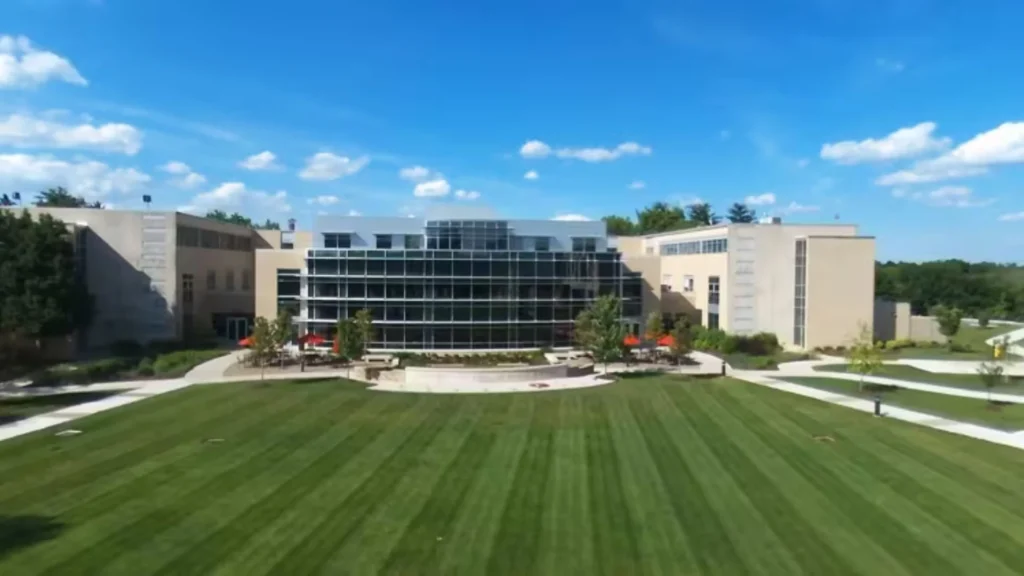
Application Materials
The application process involves submitting various materials to demonstrate the applicant’s qualifications and readiness for advanced study:
- Online Application: Completion of Maryville University’s online graduate application.
- Transcripts: Official transcripts from all previously attended institutions.
- Letters of Recommendation: Two or three letters of recommendation from professional or academic references.
- Personal Statement: A personal statement outlining the applicant’s career goals, reasons for pursuing the DPT, and how the program aligns with their aspirations.
- Resume or Curriculum Vitae (CV): A detailed resume or CV highlighting the applicant’s professional experience and accomplishments.
Additional Requirements
Additional requirements may include:
- Interview: Some applicants may be invited for an interview with program faculty.
- Background Check and Drug Screening: A background check and drug screening may be required for clinical placements.
Benefits of Maryville University’s DPT Program
Comprehensive Curriculum
The DPT program at Maryville University offers a comprehensive curriculum that prepares students for all aspects of physical therapy practice.
Experienced Faculty
Maryville University’s DPT program is taught by experienced faculty who are experts in their fields.
State-of-the-Art Facilities
The university provides state-of-the-art facilities, including modern classrooms, laboratories, and simulation centers. These facilities enhance the learning experience and allow students to practice their skills in a controlled environment.
Clinical Partnerships
Maryville University has established partnerships with numerous healthcare facilities, providing students with a wide range of clinical placement opportunities. These partnerships ensure that students gain diverse clinical experiences in various settings, including hospitals, outpatient clinics, rehabilitation centers, and long-term care facilities.
Emphasis on Evidence-Based Practice
The DPT program emphasizes evidence-based practice, training students to use research to inform their clinical decisions. This approach ensures that graduates are prepared to provide high-quality, patient-centered care.
Career Advancement
Graduates of Maryville University’s DPT program are well-prepared for successful careers in physical therapy. The program’s focus on clinical skills, professional practice, and evidence-based care enhances graduates’ career prospects and earning potential.
Networking Opportunities
Maryville University’s extensive alumni network and connections within the healthcare industry provide valuable networking opportunities for DPT students. These connections can facilitate career advancement and professional growth.
Comprehensive Student Support
Maryville University offers a range of student support services, including academic advising, career counseling, and technical support. These resources help ensure that students have the support they need to succeed in the program.
Career Outcomes and Opportunities
[H3] Diverse Career Paths
Graduates of the DPT program at Maryville University can pursue diverse career paths in physical therapy, including:
- Clinical Practice: Working as physical therapists in hospitals, outpatient clinics, rehabilitation centers, and long-term care facilities.
- Specialty Practice: Focusing on specialized areas such as sports physical therapy, pediatric physical therapy, geriatric physical therapy, or neurological physical therapy.
- Academia: Teaching and conducting research in academic institutions.
- Healthcare Administration: Taking on leadership roles in healthcare organizations, managing PT practices, or working in healthcare policy and administration.
Licensure and Certification
Graduates of the DPT program are eligible to sit for the National Physical Therapy Examination (NPTE) to become licensed physical therapists. Additionally, graduates can pursue specialty certifications through the American Board of Physical Therapy Specialties (ABPTS) to further enhance their credentials and career opportunities.
Job Outlook and Salary
The job outlook for physical therapists is strong, with the Bureau of Labor Statistics (BLS) projecting a 18% growth in employment from 2019 to 2029, much faster than the average for all occupations.
Physical therapists enjoy competitive salaries, with the median annual wage for physical therapists being $91,010 as of May 2020, according to the BLS. Salaries vary based on factors such as experience, location, and specialty.
Conclusion
Maryville University’s Doctor of Physical Therapy (DPT) program is a comprehensive and rigorous program designed to prepare students for successful careers in physical therapy. With its strong curriculum, experienced faculty, state-of-the-art facilities, and emphasis on evidence-based practice, the program equips graduates with the knowledge and skills needed to excel in various healthcare settings.
The program’s commitment to clinical education ensures that students gain hands-on experience and develop the competencies required for professional practice. Additionally, the university’s partnerships with healthcare facilities provide valuable opportunities for clinical placements and networking.

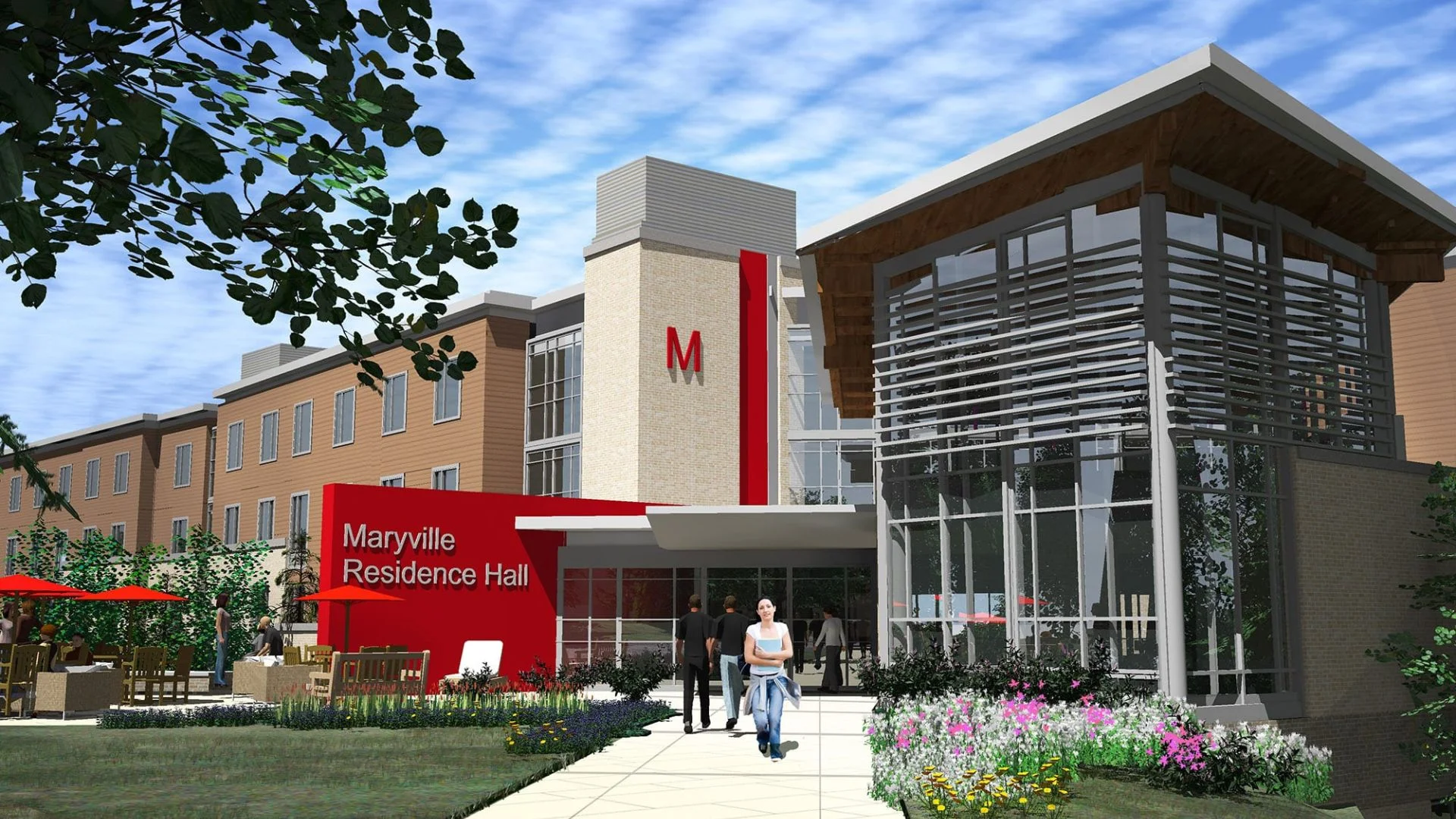


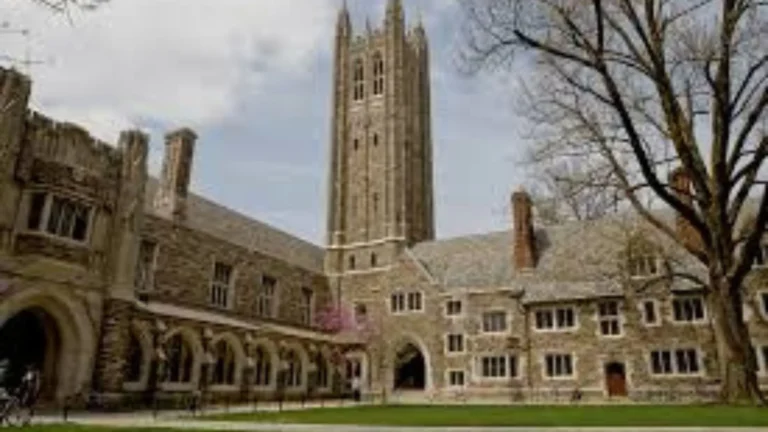
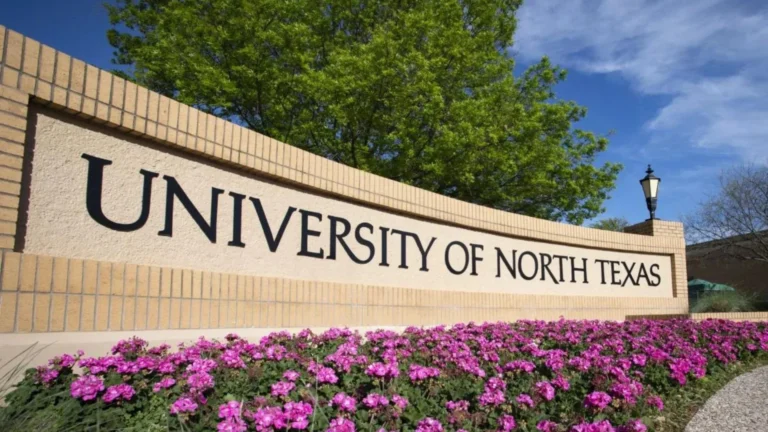
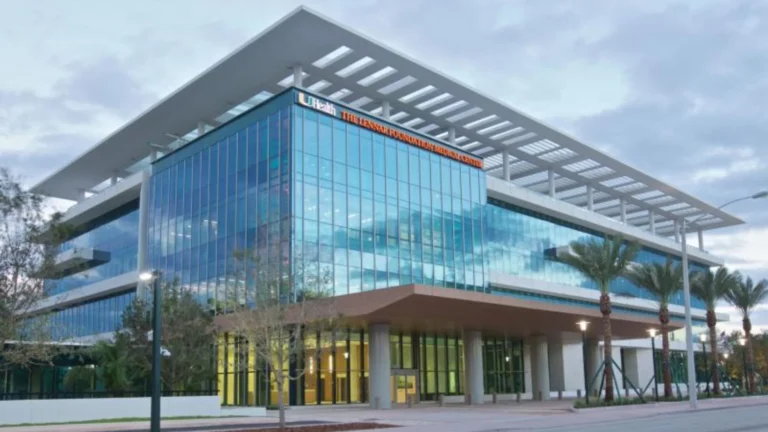

I don’t think the title of your article matches the content lol. Just kidding, mainly because I had some doubts after reading the article.